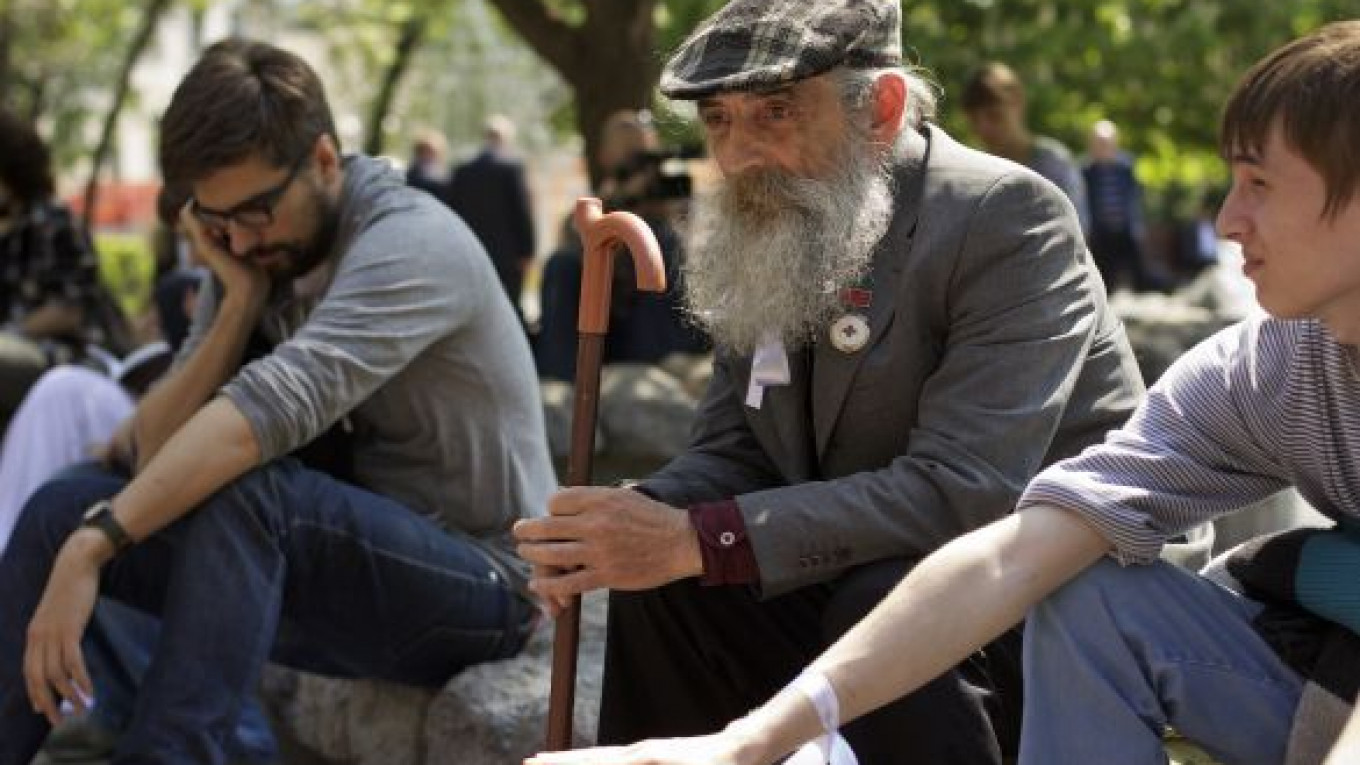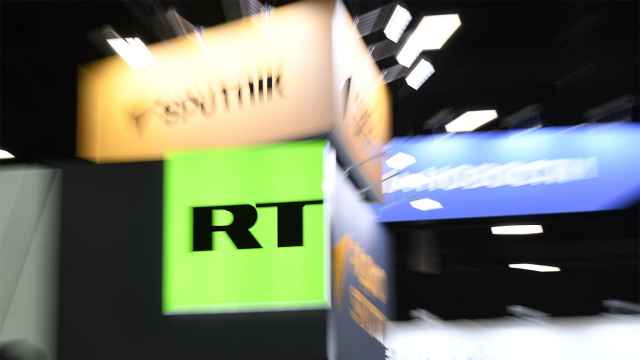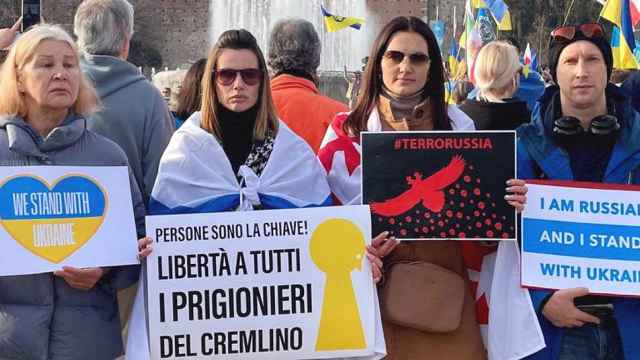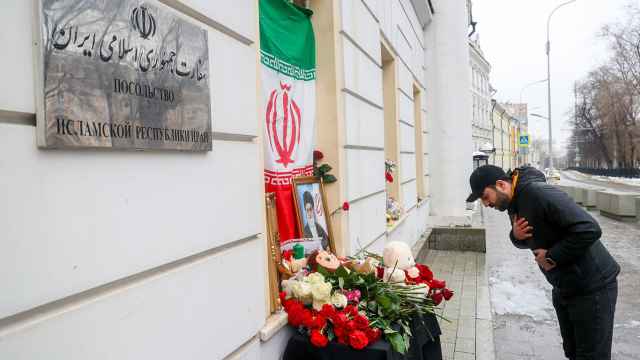Liana, a 23-year-old copywriter, turned to the woman sprawled out beside her sleeping on the mat where they had spent the night.
"She's not exactly my friend. We met in a paddy wagon the other day." Liana, in a colorfully knitted beanie and spaghetti-string top, said they had been detained for wearing a white ribbon, the opposition symbol.
Like others at the makeshift camp in this downtown Moscow park, Liana was relaxing in the sun, enjoying a lull before afternoon turned to evening, bringing crowds, hordes of journalists and raging discussions about what to do next.
The atmosphere, relaxed and cheerful, was also tinged with a sense of foreboding, a recognition that the good times could soon be over.
President Vladimir Putin's spokesperson, Dmitry Peskov, had said Friday that police will dismantle camp — but he didn't say when.
"It's there illegally," Peskov Afisha magazine. Protesters' demands to annul the results of the recent parliamentary and presidential elections were "stupid," he said. "It's an attempt by a minority to bend the majority to its will."
A United Russia deputy has also moved to raise fines for organizing illegal rallies from up to 2,000 rubles ($66) to up to 1.5 million rubles ($49,761).
Meanwhile, opposition leaders Alexei Navalny and Sergei Udaltsov, who launched the roving protest that eventually congealed in this opposition camp at Chistiye Prudy on Wednesday night, are currently serving 15-day jail terms.
With each day the camp has become more organized. Food stations, discussion boards and power generators have appeared. Duma Deputy Dmitry Gudkov and fellow opposition heavy-hitters even overcame local authorities to get portable toilets installed.
In the evenings, the crowd of hundreds swells to more than a thousand by some estimates. Volunteers bring bags of McDonald's hamburgers, homemade soup and tea. Proto-politicians mount soapboxes to denounce the regime and announce their vision for a new Russia.
In spontaneous discussion groups, activists talk about ways to ensure free elections, how to act in police custody and how to spread the movement outside of Moscow. Girls with pageboy haircuts walk around with open garbage bags, collecting bottles and used napkins and cigarette butts. Somebody inevitably takes out a guitar and sings songs by the Beatles, Kino or Vladimir Vysotsky.
"It's like our own little state," Liana said.
Opposition leaders Boris Nemtsov, Ilya Yashin, Duma Deputy Ilya Ponomaryov and television host Ksenia Sobchak have made frequent appearances on the square, chatting with activists and reporters, and lending their political clout to solving problems, like Thursday night's portable toilet crisis.
"There are no grounds on which to kick us out. We're obeying the law," said Igor Bakirov, 36, coordinator of the Druzhiniki, a group of citizen watchmen.
Bakirov said activists with the group, who wear distinctive red armbands, keep the protesters safe by reporting drunks, the homeless and provocateurs to nearby police.
It's a far cry from Sunday's rally, which saw violent clashes with riot police and hundreds of detentions. On Friday, a criminal case was opened against an officer who was allegedly caught on video kicking a pregnant woman being dragged to a police van.
Riot police chased protesters across central Moscow on Monday and Tuesday. On Friday, the only police in sight were two officers standing in the shade of a tree.
The morning crowd is less clean-cut than the evening crowd, but all are welcome under the gaze of Abai Kunanbayev, the Kazakh poet-philosopher whose name and statue has become the latest symbol for a movement that seems to accumulate them by the day. Activists have started referring to the camp as "Occupy Abai."
As a Moscow Times reporter prepared to leave the square, a group of activists mounted the statue to clean the bird poop off Kunanbayev's head.
A Message from The Moscow Times:
Dear readers,
We are facing unprecedented challenges. Russia's Prosecutor General's Office has designated The Moscow Times as an "undesirable" organization, criminalizing our work and putting our staff at risk of prosecution. This follows our earlier unjust labeling as a "foreign agent."
These actions are direct attempts to silence independent journalism in Russia. The authorities claim our work "discredits the decisions of the Russian leadership." We see things differently: we strive to provide accurate, unbiased reporting on Russia.
We, the journalists of The Moscow Times, refuse to be silenced. But to continue our work, we need your help.
Your support, no matter how small, makes a world of difference. If you can, please support us monthly starting from just $2. It's quick to set up, and every contribution makes a significant impact.
By supporting The Moscow Times, you're defending open, independent journalism in the face of repression. Thank you for standing with us.
Remind me later.






